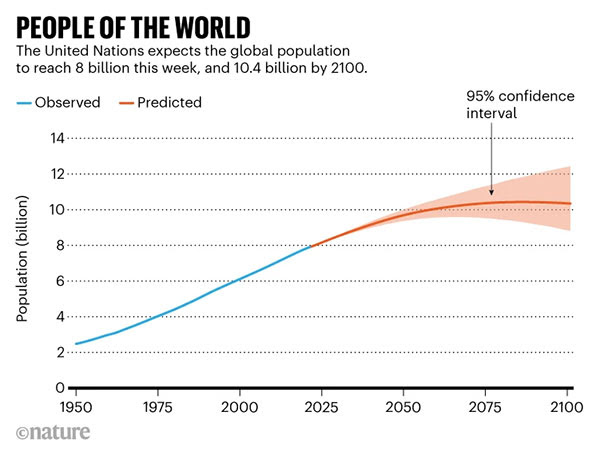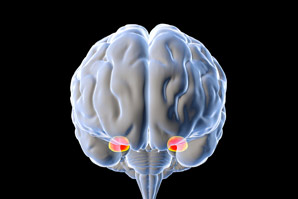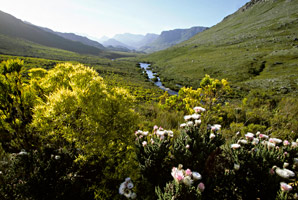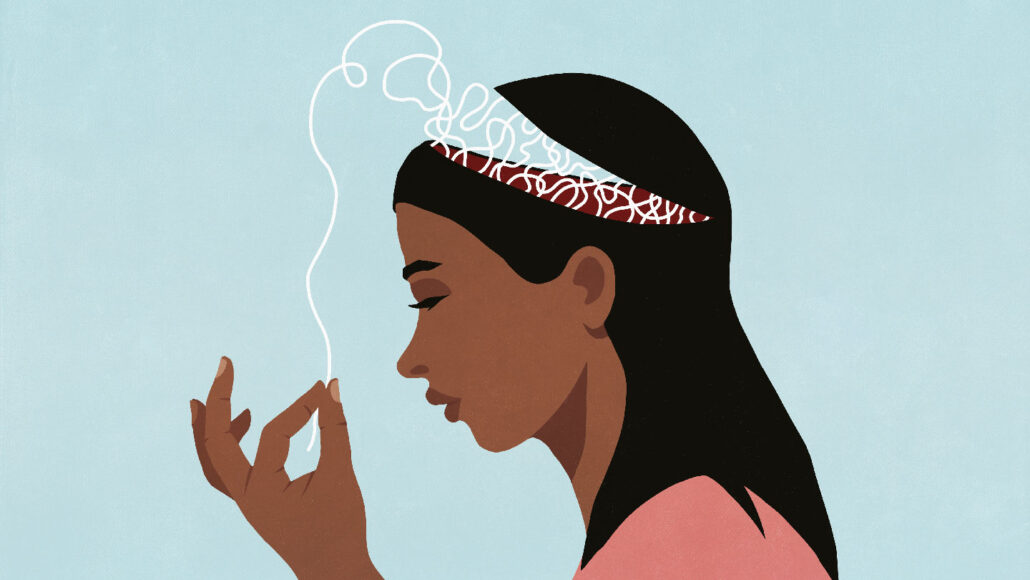3.111 AMICOR (25)
AMICOR 3.110 (semana passada - link de correção) houve um erro na versão inicial
#Dra. Valderês Antonietta Robinson Achutti (*13/06/1931+15/06/2021)
Estava feliz!...Deve ter sido no México em 1994#Nature Briefing 8Bi
 |
| The world’s population hit eight billion on 15 November, according to United Nations estimates. (Jean-Marc Zaorski/Gamma-Rapho/Getty) |
|
According to United Nations models, the world’s population will reach eight billion people today — less than a century after the planet supported just two billion.
- Rapid growth has been driven by advances in public health and medicine, which have allowed more children to survive to adulthood. At the same time, fertility rates stayed high in lower-income countries.
- But growth is slowing, and, within a few decades, Earth’s population will begin to shrink. Today, almost half the people on Earth live in places where lifetime fertility is below 2.1 births per woman — roughly the level required for populations with low mortality to stop growing in the long run.
- Most of the projected increase in the global population between 2022 and 2050 is expected to occur in just eight countries: the Democratic Republic of the Congo, Egypt, Ethiopia, India, Nigeria, Pakistan, the Philippines and Tanzania.
- India is projected to surpass China as the world’s most populous country in 2023.
Nature | 4 min read
Reference: UN Population Division Data Portal
|
|
 |
|
#IHME New brain implants ‘read' words directly from people's thoughtsNOV 15 2022 7:00 AM
In the lab, brain implants can translate internal speech into external signals, technology that could help people who are unable to speak or type. READ MORE 
#Nature
Locating the moral-dilemma centre of the brain

© KATERYNA KON/SCIENCE PHOTO LIBRARY/Getty Images
In moral-dilemma tests, people with damage to a brain region called the basolateral amygdala seldom chose to sacrifice one person even if it would save the lives of thousands of others.
A small, almond-shape structure, the amygdala has been dubbed the fear centre of the brain. Experiments with rodents have indicated that the basolateral amygdala plays a critical role in decisions that require weighing the cost of a sacrifice against the benefit of the outcome. But it wasn’t known whether this carries over to people.
Now, a team led by researchers from the University of Cape Town in South Africa has found compelling evidence that humans use the basolateral amygdala when making such judgements.
They found that five people with damaged basolateral amygdalas due to a rare genetic condition frequently opted to save one person even if it would result in the deaths of thousands.
Supported content
References
- PNAS 119, e2119072119 (2022). doi: 10.1073/pnas.2119072119

© Martin Harvey/The Image Bank/Getty Images
Belowground competition for scarce resources fought by plant roots plays a much bigger role than previously thought in determining boundaries between biomes.
Abiotic factors such as geology, climate and fire regimes have been thought to largely determine the dominant biome in an area.
But now, a team that included researchers from the University of Cape Town in South Africa has shown that the root strategies that plants employ to obtain nutrients from the soil can determine the biome.
In a four-yield field study, the team investigated the sharp boundaries between two very contrasting biomes: one (forest) dominated by a small number of trees and the other (Fynbos) with great plant diversity that included many shrubs. The two biomes occur in areas with identical climate and geology.
The team found that the different root strategies employed determined whether forest or Fynbos dominated.
References
- PNAS 119, e2117514119 (2022). doi: 10.1073/pnas.2117514119


















No comments:
Post a Comment